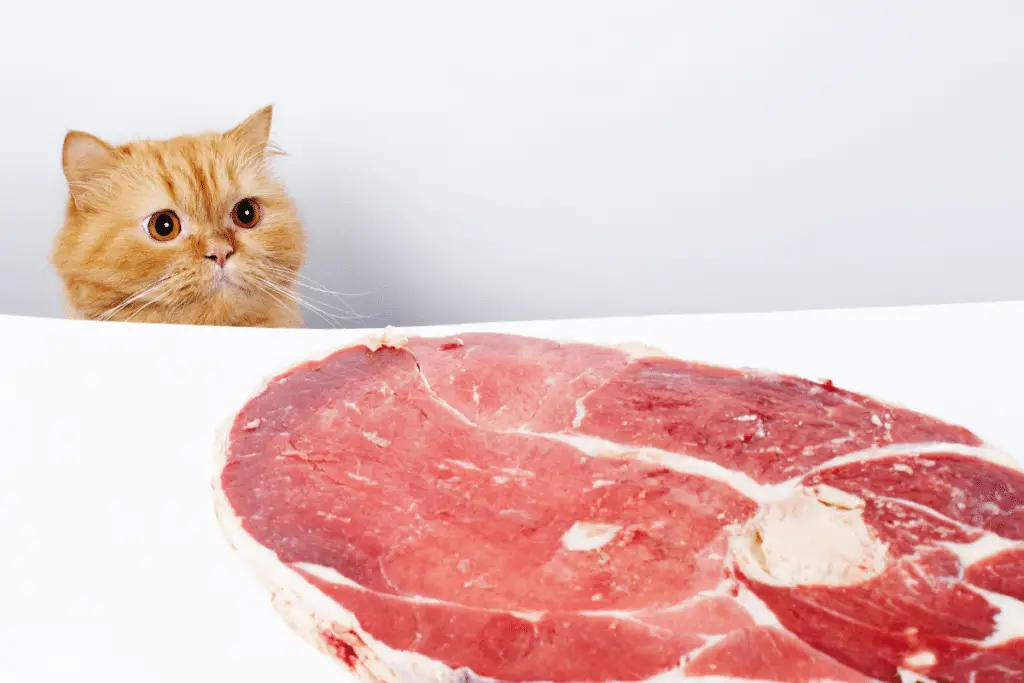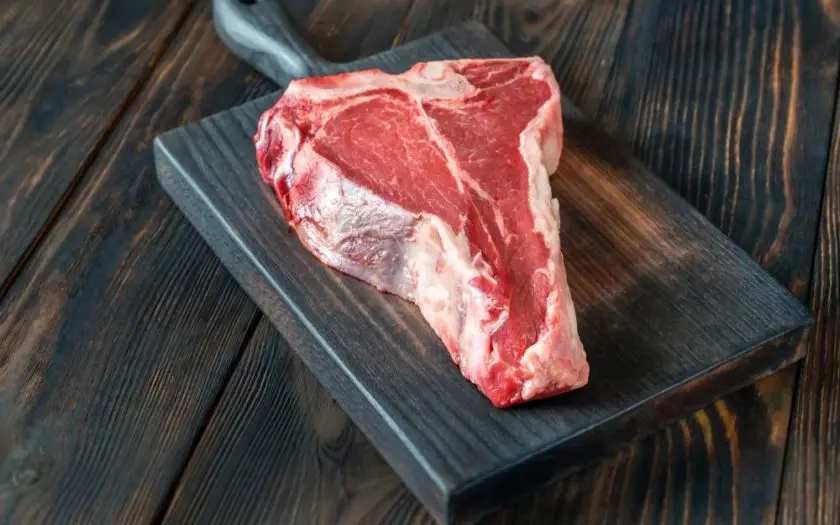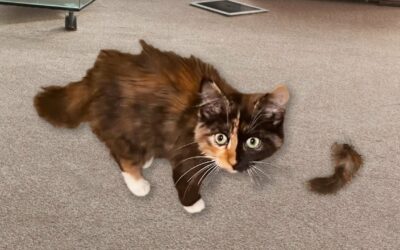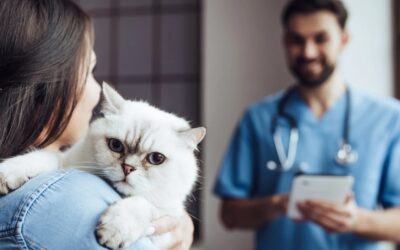Pet parents are always on the lookout for new feeding trends, as well as keeping up to date on the latest nutrition options to keep their pets as healthy as possible whilst giving them variety in their diet. Cats are obligate carnivores, so they need to eat meat as their main protein source. But what about beef or steak? Here’s the short answer:
Cats can eat beef raw or cooked, and it is a great and healthy source of protein for them. Make sure the beef does not contain any bones and is free of fat, so that it is safe for your cat to eat. The protein in the beef will provide important building blocks for muscle, soft tissue maintenance and repair.
Many cats will be delighted to eat beef or steak, so feel free to give yours some as a semi-occasional treat. Are there any downsides? Not really, as long as you keep in mind the following:
Bones & Fat
There are pros and cons to raw food. Arguments can be made against feeding your cat raw steak and other types of raw meat:
Bones
Pieces of bone can get stuck in the gut, potentially causing a blockage that can be very serious or even life-threatening. And even if pieces don’t get stuck, their sharp edges can also irritate the walls of the gut, which can lead to vomiting or diarrhea. So always check to make sure there are no bone fragments in the meat.
Fat
Aside from the obvious risk – that eating a diet with a high-fat content will make your cat gain weight and could lead to obesity and related health problems — eating fat can also irritate the guts and other organs like the pancreas.
Eating meat with a large amount of fat has been suggested as a possible cause of pancreatitis, so it is always best to use lean beef or cut off any visible fat before offering the beef.

Obesity and risk of deficiencies
Although your furry friends may thoroughly enjoy steak, a cat cannot survive on beef alone. Remember that anything extra that you feed your pet should come out of their daily allowance of calories, otherwise they will gain weight.
A good rule of thumb is for treats or tidbits to account for no more than ten percent of your cat’s calorie intake. This means that your cat will have ninety percent of its calories from nutritionally complete cat food, avoiding any risk of them being deficient in vitamins, minerals, or other nutrients.
Gut sensitivity
Not all cats will enjoy eating beef. As with any new food, some cats may even develop vomiting and diarrhea after eating it. Therefore, it is sensible to start by offering a small amount of beef. See if your cat enjoys it and make sure there are no ill effects. If your cat enjoys it and doesn’t develop any vomiting or diarrhea, then you can continue to offer beef.
If your feline friend does develop symptoms of gut sensitivity after eating beef, you can put them on a bland diet and should avoid offering beef in the future. If the symptoms are severe or do not improve following a couple of days of bland food, speak to your veterinarian.
Final words about beef and steak for cats
Cats can eat beef occasionally as part of a healthy diet as long as it is free of bones or fat. A reasonable suggestion would be to feed the beef no more frequently than once or twice a week. Then you can be sure that they are getting everything they need from their normal, complete, cat food, but still enjoying a little variety.





